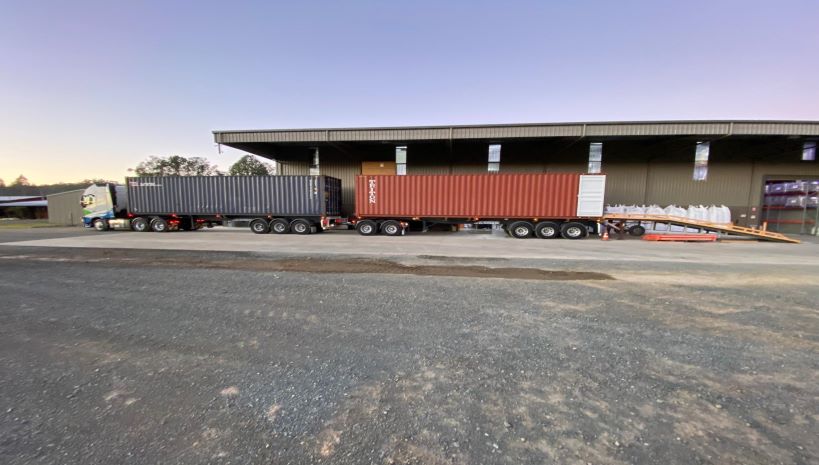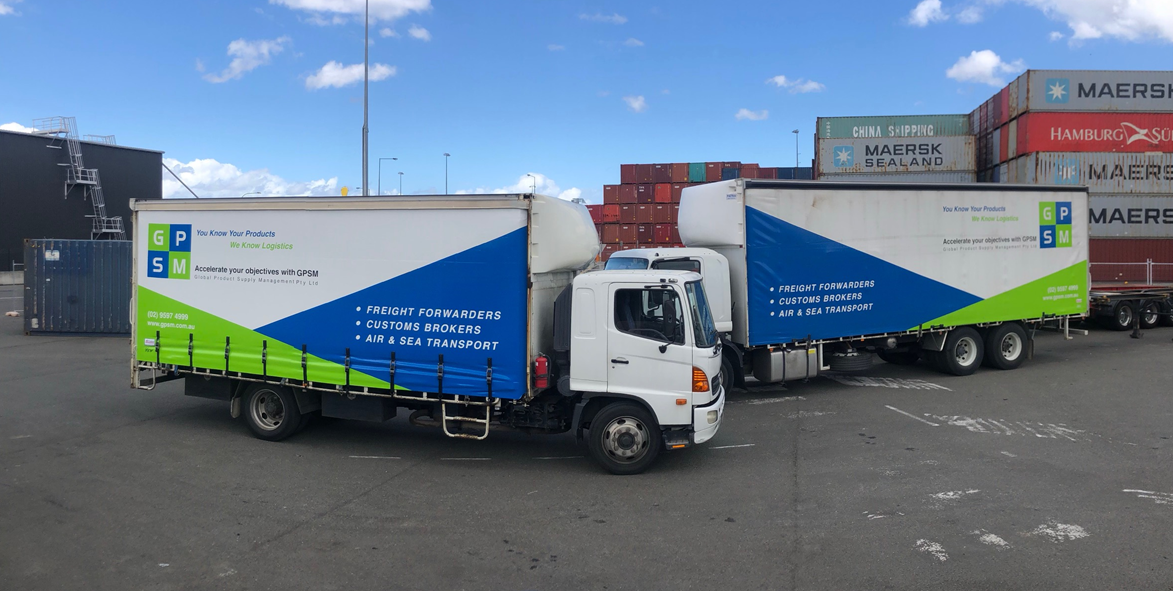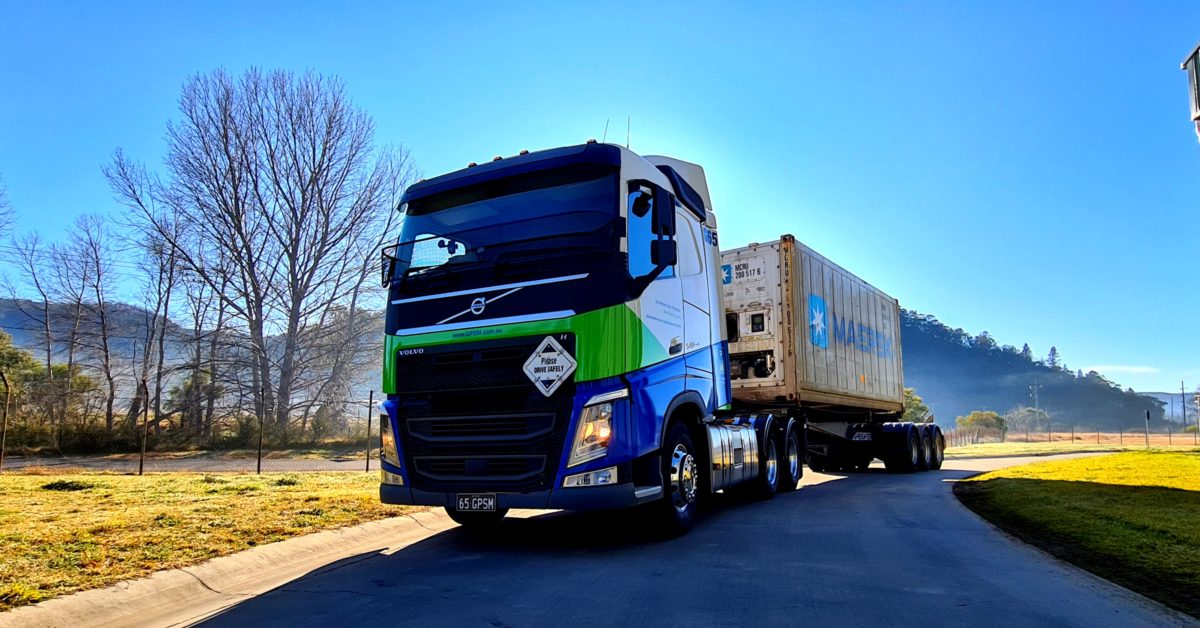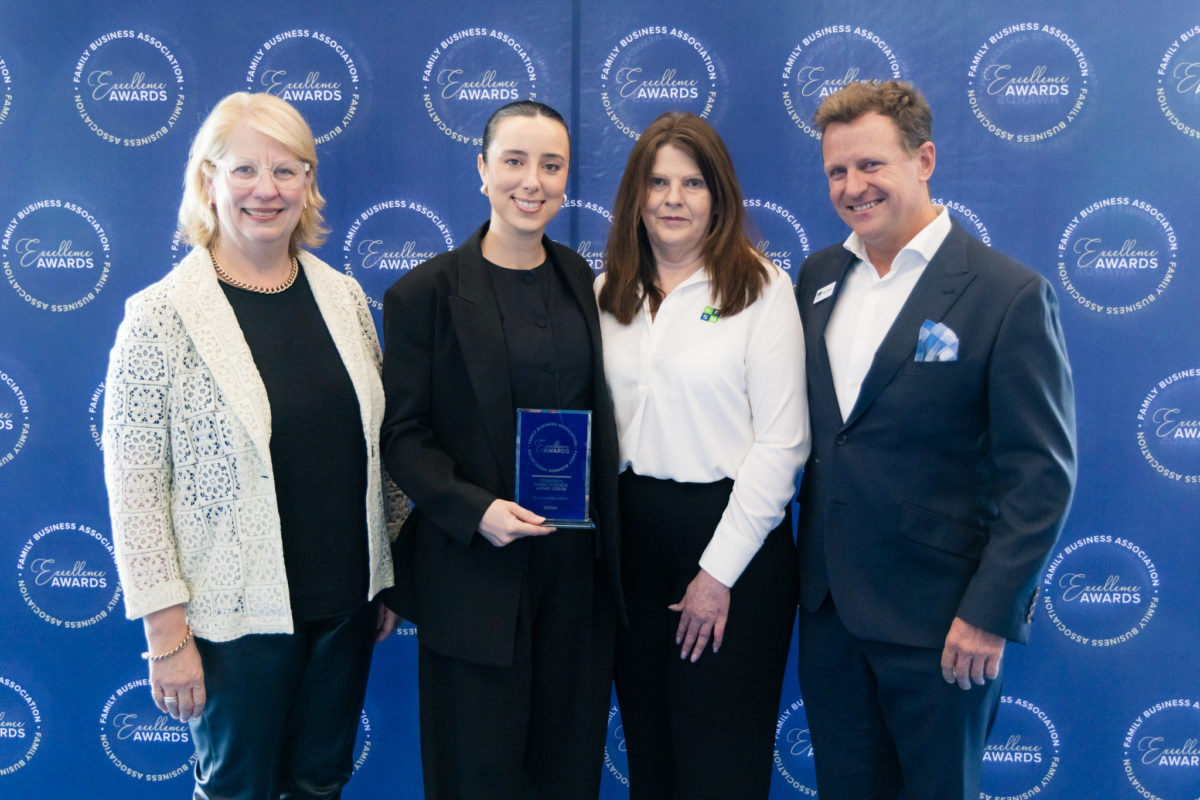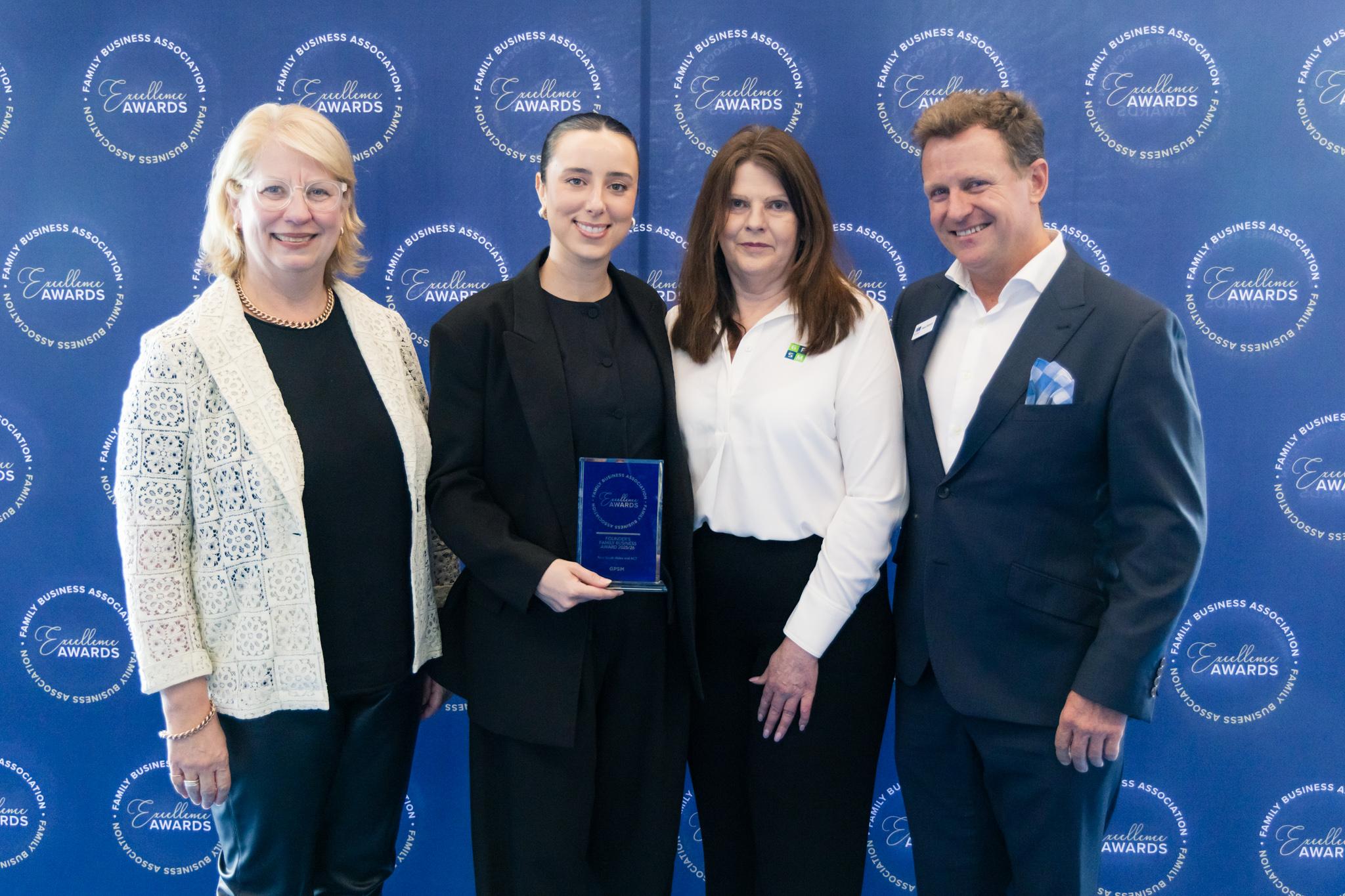Airline Cargo Terminal Rates:
Airline Cargo Terminal Operators have announced cost increases at all Australian international air terminals from 1st January, 2026.
Airline Document Fees will increase by $ 2.00/shipment and Airline Handling/Transfer fees will increase by $ 0.02/kg.
Container Terminal Cost Increases:
All container terminals across Australia have announced a raft of cost increases that will apply from 1st January, 2026.
The increases include several charges that trucking companies have to pay to gain registration for entry to the terminal on an annual basis, early arrival fees, late arrival fees, no show fees, etc, etc. These costs are borne by us as an operating cost and traditionally have not been passed on.
Importers and exporters unfortunately have not escaped the increases either with new rates announced for Port Infrastructure Levies, Vehicle Booking Fees, Side-Loader Access Fees, Weighing Fees, the increases vary state to state and all are being updated to the GPSM rate module at present.
Empty Container Parks have also seized the opportunity to increase their fees as well, these costs also being updated to our rate module.
LCL Port Charges:
As a result of these above added costs, LCL unpack depots have also announced they are increasing their charges by an average of $ 3.50 per cbm/1000kgs, GPSM regret we will have no alternative but to pass on these costs from 1st January, 2026.
Combative Industry Action:
Our industry has been calling for Government action for quite some time to reign in these spiralling costs and an investigation and report (another one) is currently being undertaken by ACCC in the light of the massive profits being reported by the shipping terminal operators. You may have seen a media campaign recently by our industry body (Freight & Trade Alliance) calling for urgent regulatory reform, several articles have appeared in the press with a number of radio and television interviews also being conducted.
We will wait for a decision on the action that ACC and Government intends to take as all these increases are not only leading to added inflation but have further extended Australia’s mantel as the most expensive ports in the world.

